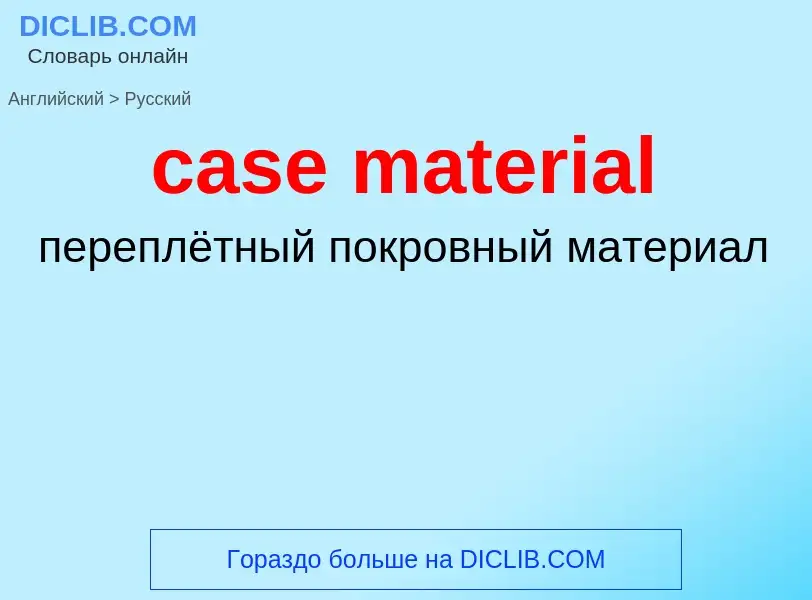Перевод и анализ слов искусственным интеллектом ChatGPT
На этой странице Вы можете получить подробный анализ слова или словосочетания, произведенный с помощью лучшей на сегодняшний день технологии искусственного интеллекта:
- как употребляется слово
- частота употребления
- используется оно чаще в устной или письменной речи
- варианты перевода слова
- примеры употребления (несколько фраз с переводом)
- этимология
case material - перевод на русский
['minəskju:l]
прилагательное
общая лексика
минускульный
написанный минускулами
(очень) маленький
существительное
['minəskju:l]
общая лексика
минускул
рукопись
написанная минускулами
общая лексика
строчная литера
[ləuə'keis]
общая лексика
в нижнем регистре
режим, в котором ввод с клавиатуры производится при не нажатой клавише Shift и выключенном переключателе Caps Lock. При этом текст вводится строчными буквами
отделение со строчными литерами, цифрами и знаками препинания
полиграфия
касса строчных литер
строчные буквы
антоним
общая лексика
строчная буква, буква нижнего регистра
антоним
Определение
-разветвлять
и разветвиться-разветвляться. Разветвление реки. Разветвление дороги.
Википедия
In law, tangible property is literally anything that can be touched, and includes both real property and personal property (or moveable property), and stands in distinction to intangible property.
In English law and some Commonwealth legal systems, items of tangible property are referred to as choses in possession (or a chose in possession in the singular). However, some property, despite being physical in nature, is classified in many legal systems as intangible property rather than tangible property because the rights associated with the physical item are of far greater significance than the physical properties. Principally, these are documentary intangibles. For example, a promissory note is a piece of paper that can be touched, but the real significance is not the physical paper, but the legal rights which the paper confers, and hence the promissory note is defined by the legal debt rather than the physical attributes.
A unique category of property is money, which in some legal systems is treated as tangible property and in others as intangible property. Whilst most countries legal tender is expressed in the form of intangible property ("The Treasury of Country X hereby promises to pay to the bearer on demand...."), in practice banknotes are now rarely ever redeemed in any country, which has led to banknotes and coins being classified as tangible property in most modern legal systems.

![[[Handwritten]] Cyrillic script [[Handwritten]] Cyrillic script](https://commons.wikimedia.org/wiki/Special:FilePath/Fountain pen writing (literacy).jpg?width=200)
![theory of general relativity]].) theory of general relativity]].)](https://commons.wikimedia.org/wiki/Special:FilePath/Headline.png?width=200)
